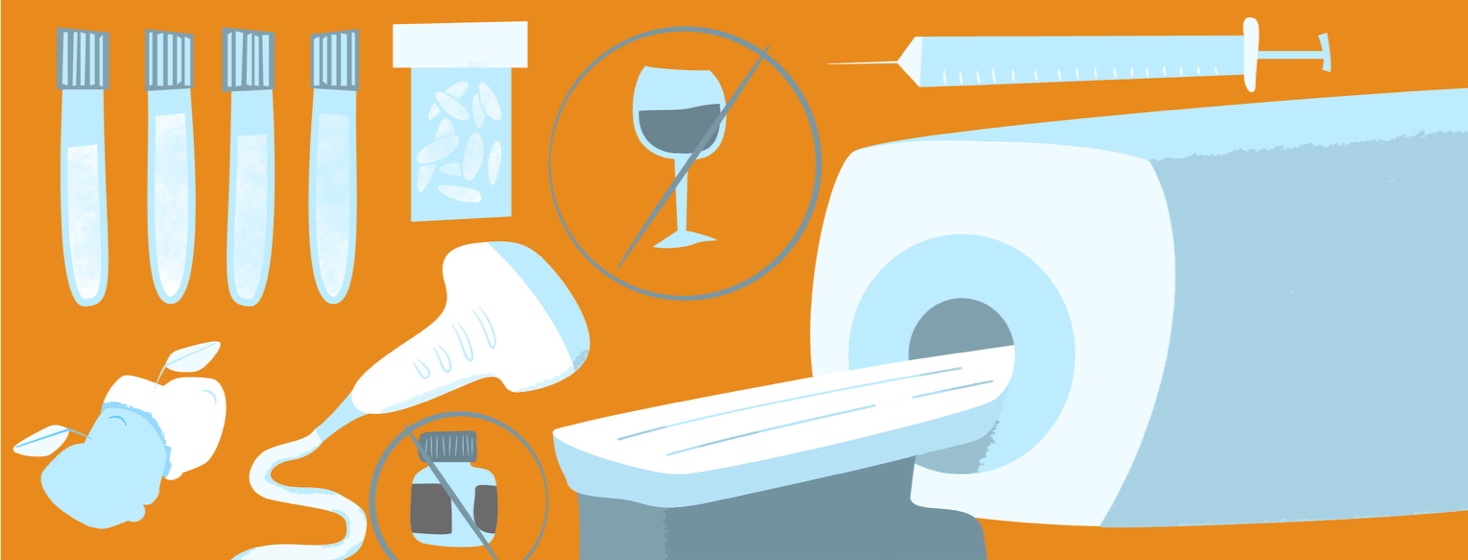Why You Need Follow-Up Care After Hepatitis C Treatment
Follow-up care after successful hepatitis C treatment is proactive. Patients need to be evaluated for other liver disease conditions and extrahepatic conditions.
Once you have completed treatment for hepatitis C and received the cure, it’s important to note, that though the treatment eliminates the hepatitis C virus and stops further damage from occurring, hep C treatment does not cure related health conditions, like cirrhosis, fatty liver disease, diabetes, or others.
Why need follow-up care after hepatitis C treatment?
Risk for cirrhosis
Patients who have had hepatitis C are at risk for cirrhosis (severe scarring). Patients with cirrhosis may need regular tests and exams from their liver specialist (hepatologist or gastroenterologist). These tests may include blood work, endoscopies, ultrasounds, MRI, and CT scans.
Medications may be necessary to help with cirrhosis related conditions like hepatic encephalopathy and infections. A special diet is often recommended for patients with cirrhosis. In most cases, avoiding all alcohol is necessary. Patients should talk to their physician and pharmacist about what over-the-counter medications to avoid, as well as some prescription medications that can cause harm to the liver.
Risk for liver cancer
Patients who have had hepatitis C and cirrhosis have a higher risk factor for liver cancer and need to be tested on a regular basis. Early detection means a greater percentage of a successful outcome.
Even if the patient does not have cirrhosis, regular follow-up testing with blood work and annual ultrasounds can help detect signs of cysts or tumors which can relate to cancer. Hepatitis C, cirrhosis, and liver cancer are leading causes of liver transplants.
Risk for non-alcoholic fatty liver disease
Reports from the American Association for the Study of Liver Disease (AASLD), reported at the Liver Meeting in 2017, that 50% of patients with hepatitis C showed evidence of non-alcoholic fatty liver disease (NAFLD).1 Non-alcoholic fatty liver disease increases the risk of liver cirrhosis and liver cancer.
Risk for diabetes
Studies show that approximately one-third of hepatitis C patients can develop extrahepatic conditions. Studies also indicate as hepatitis C patients age, they have a higher risk factor for diabetes and other extrahepatic conditions. Patients with cirrhosis have a higher risk for glucose intolerance and show a prevalence of type 2 diabetes. Reports indicate that approximately 30% of hepatitis C patients have type 2 diabetes.2
Talk to your physician about your liver condition and risk factors for extrahepatic conditions and tests. Taking charge of your health after hepatitis C treatment is a proactive step to help you avoid complications. Do you know the condition of your liver?

Join the conversation